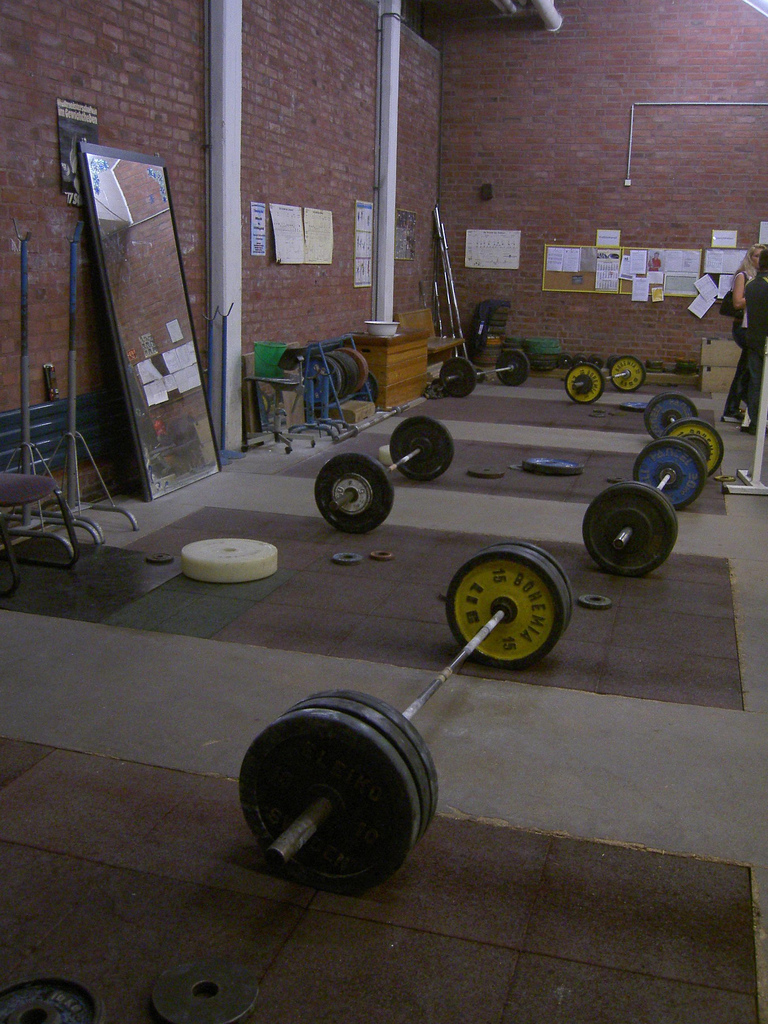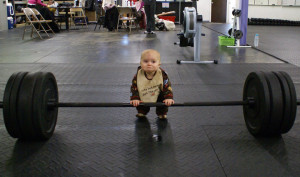Endurance athletes are always looking for an edge. Whether it’s a new training protocol or a new mindset, being able to push yourself to work just a little bit harder and longer can make the difference between first and second place. Proper implementation of the right pre-workout supplements is key in training endurance athletes and thanks to a study performed in Belgium, there’s another supplement to add to the mix. When taken before training, rhodiola rosea supplements were found to improve performance in endurance athletes, even with no previous use.
Belgian researchers studied 24 healthy endurance athlete students. First, a baseline for an endurance activity was established with each athlete. Then, a few days later, the students were either given rhodiola or a placebo an hour before performing the same endurance activity. After another week, they came back and performed the same training session, but the rhodiola group was given placebo and vice versa. The results proved to be significant. Rhodiola improved the work capacity of the athletes by an average of 3% and in one case, the student was able to extend the time by 9.7%. Another conclusion from the study, aside from the improvement in performance for doses one hour before training, is the finding that when the athletes consumed rhodiola consistently over a four week basis, there was no additional benefit like those found in other supplements that may require a “loading period.” This means there appears to be an acute effect when used for endurance training. It’s important to note that this fact doesn’t imply there are no outside benefits to taking rhodiola on a consistent basis, but that it’s just not effective at building up in your system.
What is Rhodiola Rosea?
Let’s look at the supplement as a whole. Rhodiola rosea is a plant found in the cooler climates of the world, particularly in the Arctic or other mountainous regions of the northern hemisphere. The plant and its roots have been used for hundreds of years by ancient civilizations such as the Vikings as a supplement to increase stamina and strength. Rhodiola use today is more widespread and is consumed via tea or, for those not living in areas where it grows naturally, in a convenient supplement form. Rhodiola contains many different polyphenols and antioxidants including rosavins, rosarin, rosin, and salidroside. These compounds, at the most simple level, help provide balance to stressors in the body and the environment. From a physiological perspective, rhodiola is said to reduce free radicals that can damage cells and cause inflammation. Psychologically, rhodiola helps reduce mental stress by optimizing the levels of “feel good” chemicals in the brain.
In general, rhodiola rosea benefits include:
- Reduced physical fatigue
- Improved mood
- Lowered Stress
How Rhodiola Rosea Can Help Endurance Athletes
When the mechanisms of action in rhodiola are considered, it’s easy to see how it is an ideal supplement for endurance athletes. Preventing physical fatigue allows for more energy output in a race or during training. However, there may be a mental aspect to the supplementation as well. Improved mood and lower mental stress could help athletes overcome potential mental fatigue they may face, enabling them to crush previous records and crash through mental barriers that can hold perceived limitations of what the athlete’s abilities truly are.
Dosage
For improvements in endurance sports, a dosage the same as the dose mentioned above, a 200mg capsule one hour before training, is recommended. In fact, since the experiment was relatively basic, you can try to replicate it on your own to see the exact effects rhodiola has on you!



 If you feel like you are in an overtrained state, the first step is to simply recognize it. Of course, this is easier said than done in many cases. The key to knowing that you’re overtraining is the constant feeling of exhaustion and progress coming to an almost non-existent stand still. The possibility that you may be overtraining should seriously be considered if this is the case.
If you feel like you are in an overtrained state, the first step is to simply recognize it. Of course, this is easier said than done in many cases. The key to knowing that you’re overtraining is the constant feeling of exhaustion and progress coming to an almost non-existent stand still. The possibility that you may be overtraining should seriously be considered if this is the case.